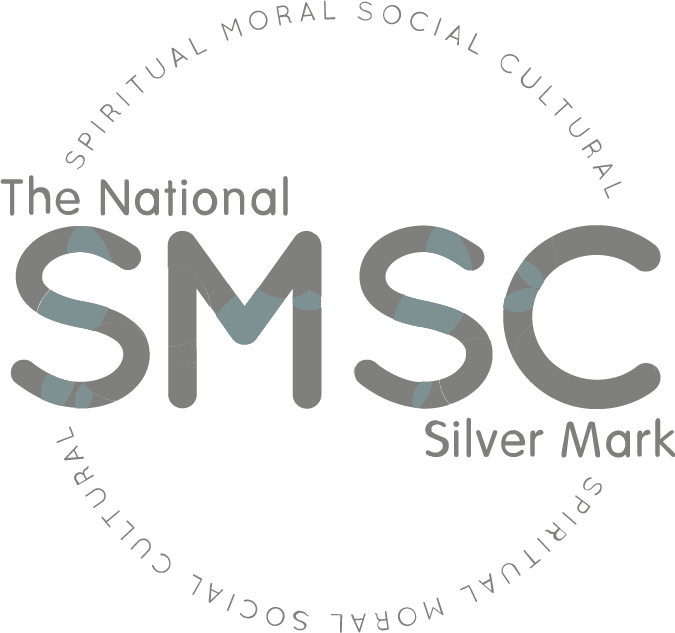Social, Moral, Spiritual and Cultural Development (SMSC)
In February 2024, Woodlands Primary School was awarded the Silver level of the National SMSC Quality Mark.

What is SMSC?
Spiritual: This should not be confused with religion – it is about having a fascination of the wider world.
Moral: This is about learning right from wrong, respect for the law and understanding the consequences of behaviour.
Social: This is learning about how to interact with others, respect and cooperation and the ability to engage.
Cultural: This is learning to appreciate and know different cultures and traditions.
SMSC is integral to every human being’s development. It ensures that we become individuals with integrity, social conscience and an appreciation for the world around us. It enables us to have a strong moral compass with a good understanding of right and wrong, and be able to make decisions that consider others.
It contributes to a pupil’s overall personal development and their ability to be confident and articulate. This in turn leads to success and opens doors to their future.
At Woodlands, there are numerous SMSC related strengths that were confirmed as part of the quality mark assessment. The following are a few key examples:
- Values are at the heart of the curriculum and help shape learning. Almost all members of the school community can confidently discuss and describe the contribution their longer-term shared values make. They understand how they promote wellbeing and learning across the curriculum.
- Almost all pupils have a strong sense of moral values. They can recognise the difference between right and wrong (as well as debate ‘grey areas’) and understand the importance of rules and laws. Pupils apply this understanding to their own lives, are responsible for their actions and clearly articulate the consequences of their actions for themselves, others, and wider society.
- The school uses the expectations of both the Equality Duty (PSED) and community cohesion as a starting point to improve knowledge, skills and attitudes. This helps to narrow any gaps, improve participation and minimise prejudice-related bullying.
Our next steps:
- Continue to provide training for all staff in their understanding and implementation of ‘British Values’ – Democracy; Rule of Law; Liberty; Respect and finally Tolerance.
- To ensure that all pupils understand the difference between culture and religion or faith and are able to articulate and explain the difference. To facilitate this, consider how we can invite people of different faiths and cultures in to deliver talks and assemblies – in person or virtually.
- To develop and embed the idea of pupil-led clubs, and to train staff to embed these skills in pupils.

